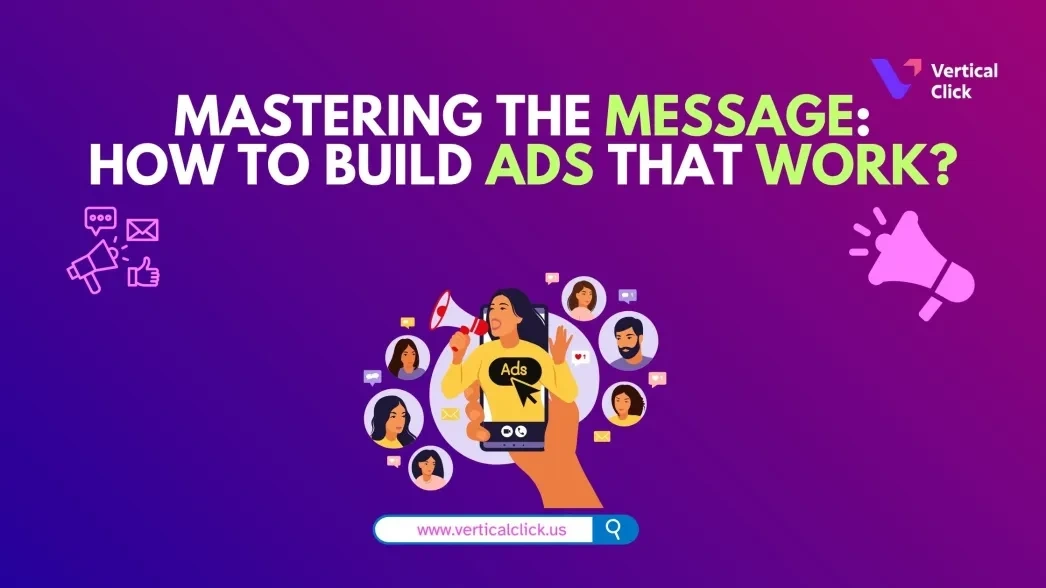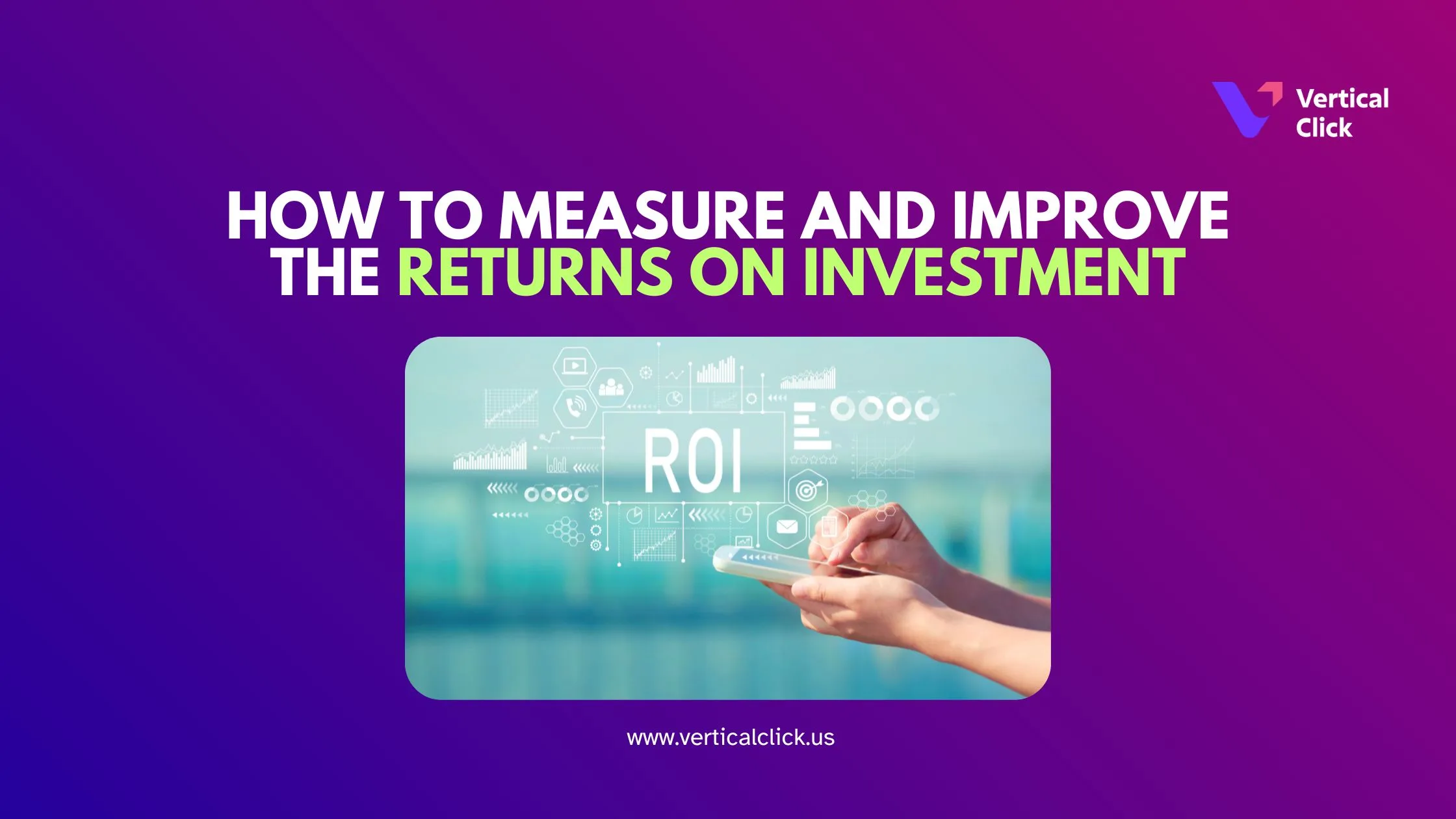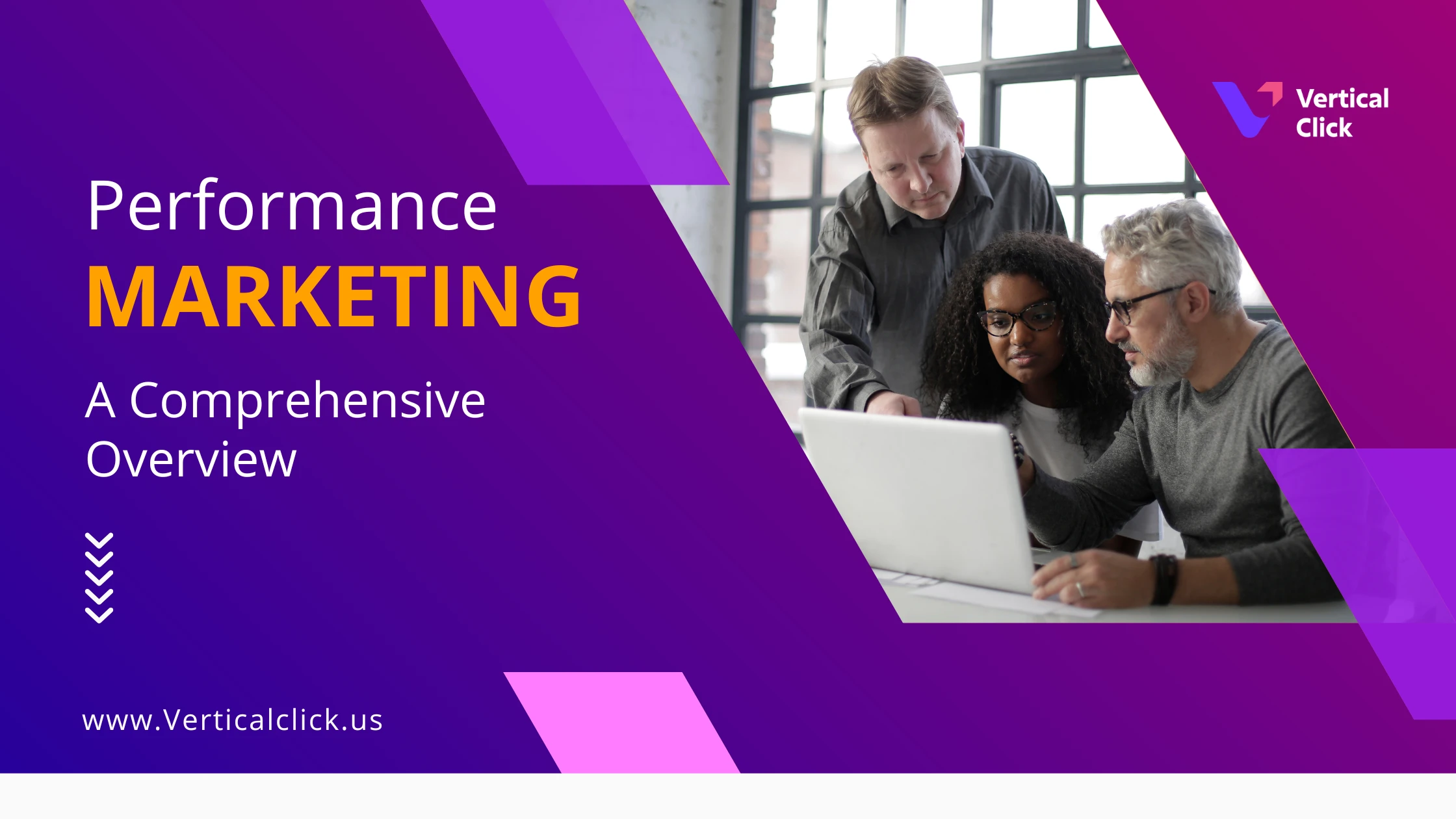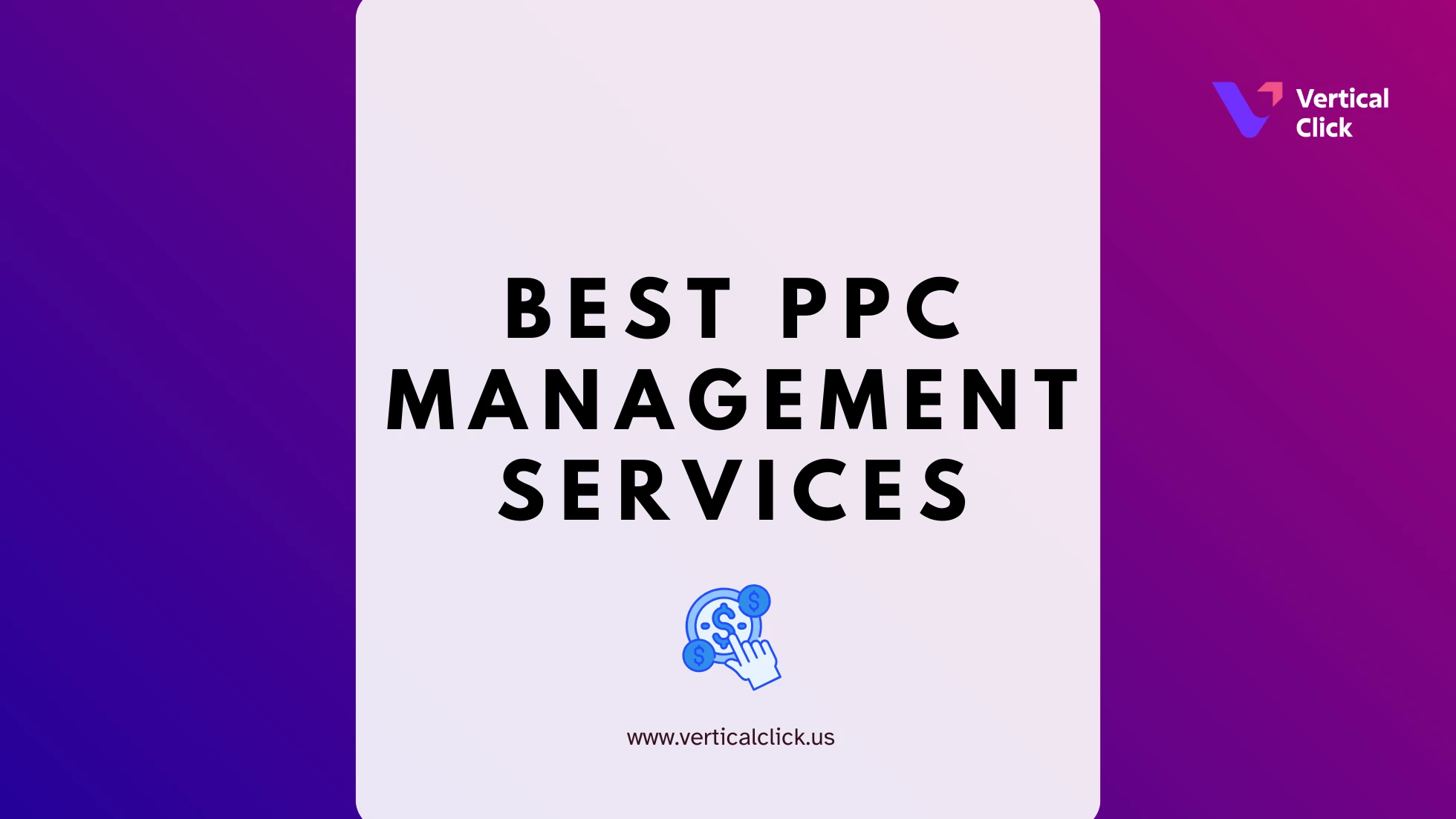Anyone can create an advertisement, but creating an ad that works, and the one that generates clicks, conversions, and brand loyalty is an entirely different story. Whether you’re running ads on PPC, engaging in social media promotion, or display advertising, mastering the message is what separates the wasting of ad budget from building a working brand.
In this guide, we will dissect ad messages for conversion, sprinkled with real examples and actionable recommendations.
Always Start with the Right Audience
Before any text is written, ask the fundamental question: who am I talking to?
Formulate thorough buyer personas from:

- Insights about audiences from Google Analytics
- CRM data
- Social network interactions
- Surveys & feedback
For example, a skincare company that was targeting Gen Z noticed a 43% increase in engagement when it changed its messaging from ‘anti-aging’ to ‘glow-boosting.’
- Pick your platform
There are countless platforms where you can run your ad:
- Social media (meta ads)
- Google’s Display Network
- Search engine
- Third-party websites
The Google display network is a collection of millions of websites, videos, and apps where you can display your ads. This network gets your ads in front of a big portion of internet users, but it also has scope to reach users who are not necessarily looking for your brand, product, or services.
Each of the ad platforms has a large number of options that will place your ad in front of different audiences with varied expectations for what a marketing message can do for them.
- Powerful Emotional Triggers
As per a Nielsen study, emotionally charged advertisements perform twice as well compared to rational ones.
Leverage:
- Fear of Missing Out (FOMO)
- Need to belong
- Aspirations
Example: Nike’s campaign “You Can’t Stop Us” fused inspiration with community, going viral and lifting ROI.

- Clear and Urgent Call to Action
All good messaging is wasted in the absence of a strong Call to Action. Use action words, be brief, and ensure the CTA matches the offer.
Instead of “Submit,”
Try:
- “Get Your Free Quote”
- “Try 30 Days Free”
- “Book a Demo Now”
- Relentless Testing (At A/B Testing, No Exceptions)
Every little detail in the ad, right from the headline, image, CTA, and tone, merits some testing.
Tip: For each ad group, there should always be at least two or three variations.
Go for these:
- Google Ads Experiments
- Meta A/B Testing
- Semrush AdClarity
- Refine the Message Based on Data
Keep track of these vital metrics:
- CTR (Click-through rate)
- CVR (Conversion Rate)
- ROAS (Return on Ad Spend)
- Time spent engaging (for video and display)
Refine your message based on what resonates. Data isn’t the enemy of creativity; it’s the flashlight in a dark room.
Case study: Grammarly

Grammarly didn’t just market features; they tailored messaging to display how their product improved real-life attributes. With confidence, clarity, and ease of communication as their focus, they began to develop an emotional connection.
Excellent, relatable video ads coupled with straightforward CTAs delivered about a 30% increase in conversions.
Engagingly, content was viewed by millions across platforms.
Conclusion
High-performing ads are strategically engineered, not just favored by circumstance. When you have an in-depth understanding of your audience and focus your message on their needs, emotions, and desired outcomes, that’s when your ads resonate. Combine that with crystal-clear CTAs and continuous data-driven refinement, and you will convert browsers into buyers. An articulate ad message ultimately builds trust and loyalty and has a long-lasting impact. Master the message and let the ads work for you.



